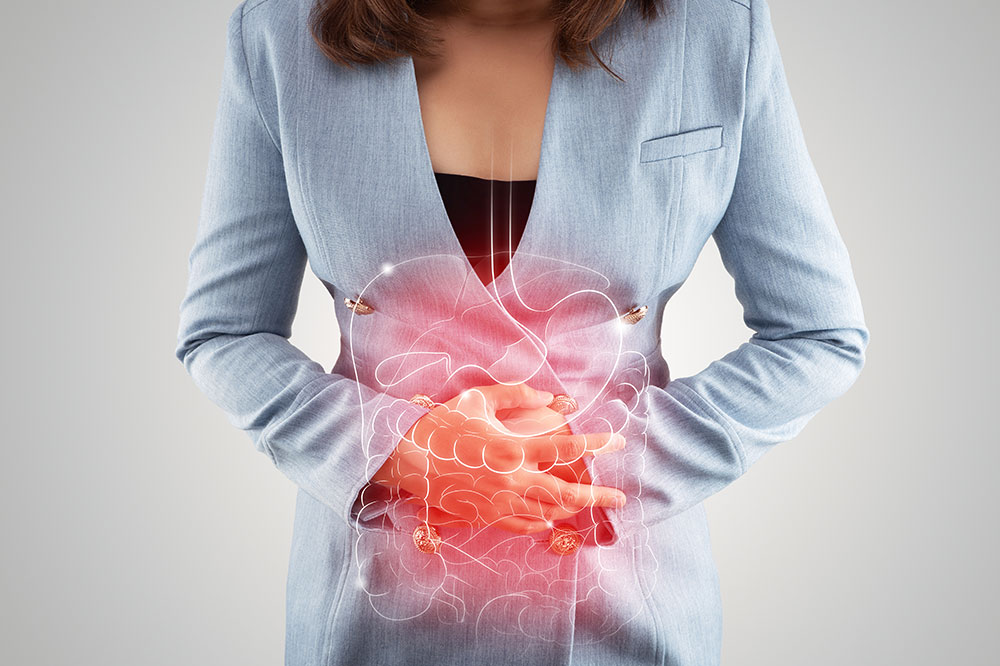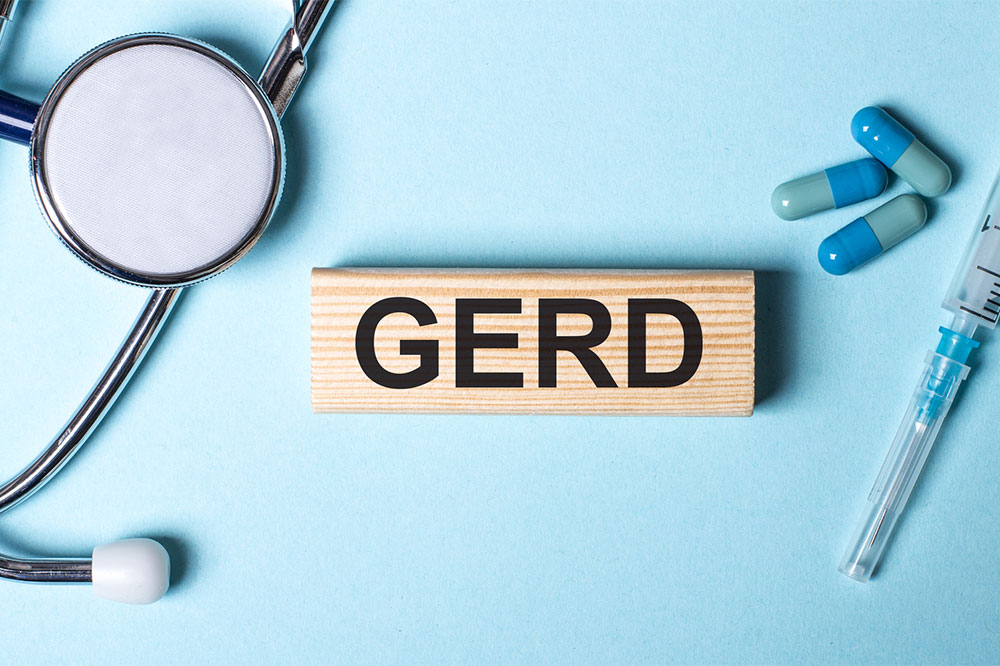Common Gastric Disorders and Their Indicators
Discover the common gastric disorders such as gallstones, GERD, IBS, ulcerative colitis, and Crohn’s disease, along with their symptoms and treatment options. Recognizing these conditions early can aid in effective management and relief from discomfort. Always seek professional medical guidance for accurate diagnosis and personalized treatment plans to maintain digestive health and overall well-being.

Common Gastric Disorders and Their Indicators
The stomach, situated between the esophagus and small intestine, is vital to digestion. Disruptions in digestion can result from eating habits, food choices, or underlying health issues. These disturbances often present as symptoms like nausea, throwing up, appetite fluctuations, belching, and stomach aches. Each symptom or combination points to specific gastric conditions. Here are some prevalent stomach issues affecting many individuals:
Gallstones: Hardened deposits of digestive fluids forming in the gallbladder.
The gallbladder stores and releases bile for digestion. Stones develop if the gallbladder fails to empty properly or if excess cholesterol or waste accumulates in bile. Severe pain occurs if stones block bile ducts leading to the intestines. Treatment often involves medication or surgery to dissolve or eliminate stones.
Gastroesophageal Reflux Disease (GERD): Happens when stomach acid flows back into the esophagus, causing a burning chest sensation.
Occasional heartburn is normal, but frequent symptoms (more than twice weekly) suggest GERD. Symptoms include bad breath, tooth erosion, breathing difficulties, and swallowing problems. Managing trigger foods and medications can help alleviate mild cases.
Irritable Bowel Syndrome (IBS): Causes recurrent stomach pain and discomfort, occurring multiple times monthly for months without relief. Its exact cause is unknown, but symptoms include constipation, diarrhea, and bloating. Dietary modifications, probiotics, high-fiber, low-fat foods, and avoiding triggers can reduce symptoms.
Ulcerative Colitis: An autoimmune condition affecting the colon, leading to ulcers and frequent, urgent bowel movements, along with diarrhea, cramps, and blood in stool. Treatment involves diet changes, medication, and sometimes surgery.
Crohn’s Disease: An inflammatory condition impacting the small intestine, especially near the colon. Causes are partly genetic, with symptoms like diarrhea, rectal bleeding, cramps, fever, and weight loss. Treatment options include medication and surgical procedures.
Note:
The information provided regarding symptoms, conditions, and treatments is for educational purposes only. It should not replace professional medical advice. Always consult licensed healthcare providers for diagnosis and treatment decisions.










